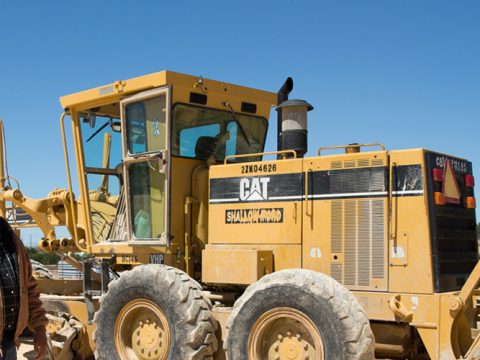- We're Hiring! View Opportunities
- 512-250-5055
Why Texas Workers Compensation Insurance Is So Complex

Teen Drivers Are Eligible for Good Student and Other Car Insurance Discounts
June 16, 2016
Car Safety Features Everyone Should Have
June 16, 2016Workers compensation insurance has been in place in some shape or form across the United States for almost a century. It is an idea that was first introduced based on a European model. As long ago as 1917 it was cemented into law across the country by a US Supreme Court ruling, giving authority to individual states to require employers to provide workers compensation. Yet the decision to mandate coverage is made on a state-by-state basis and Texas decided in 1917 that employer participation would be voluntary. Consequently, the Lone Star State is the only one that permits employers to determine whether or not they will provide workers compensation insurance.
There have been a number of changes to this law in Texas over the last century and in certain cases it is mandatory to provide this form of business insurance anyway. For example, in the fields of building or construction where the employer has a contract with a government entity, “workers comp” must be provided.
At its core this type of program is intended to safeguard an employee who was injured at work or may have contracted an illness or disease related to the work performed. Wages, expenses and medical bills are intended to be covered, while the employer also has protection against any lawsuit that may be brought by the worker. In other words, the employee or the beneficiary may only claim recovery of workers compensation benefits in the event of an injury, illness or death and no more.
Whenever an individual seeks treatment for injury or illness it is very important to, at the outset, determine whether this was caused by a situation at work, or not. It is also important to determine where the individual was employed in order to see whether a specific Texas workers compensation insurance would be triggered or not. For example, did you know that those individuals employed by bus companies must be covered by state statute? In addition, those employed by the federal government or who may be working in Texas are not regulated by specific Texas law here. There are different procedures and policies in place for federal employees, as there are for those classified as “domestic or incidental” household workers.
Do you find the workers compensation insurance laws in Texas to be confusing? Contact us to help you understand your options.




